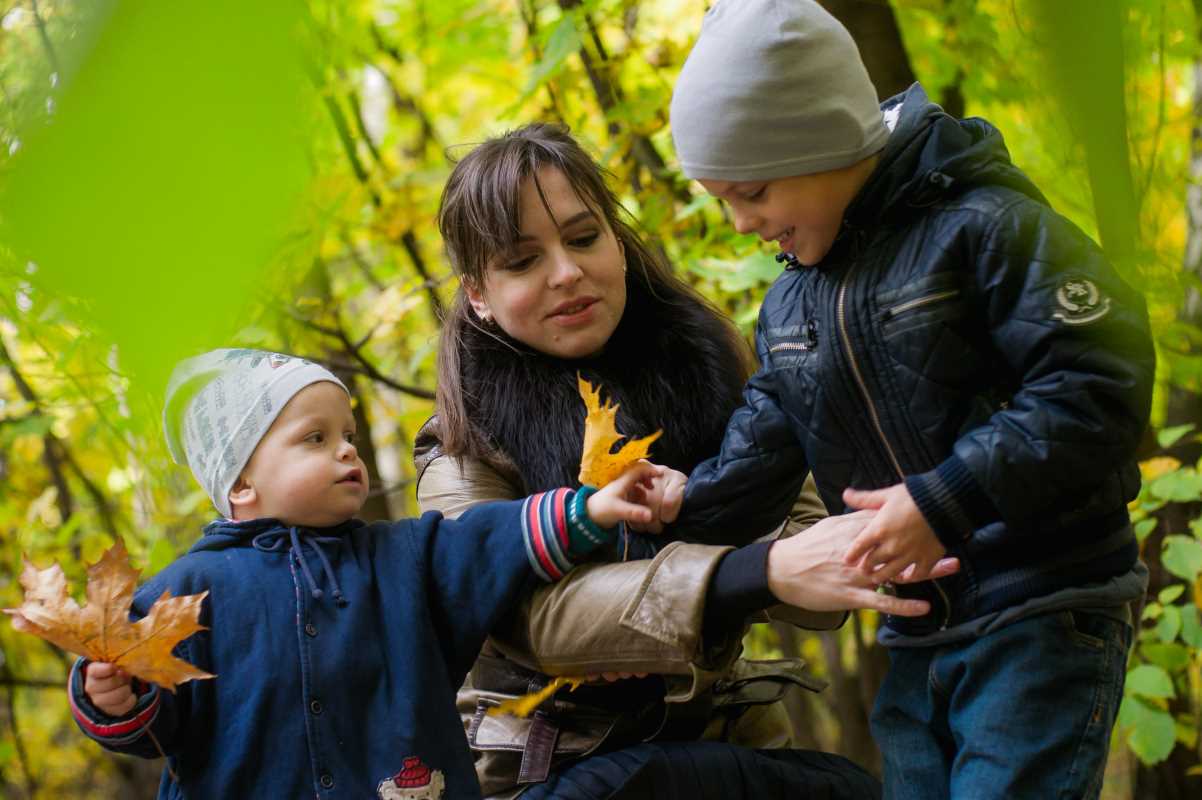For some kids, science might feel like an intimidating or boring subject filled with complicated concepts and hard-to-follow formulas. If your child struggles with science, it’s important to change their perception and show them that science is not just about textbooks—it’s about curiosity, exploration, and discovering how the world works. With the right approach, you can help your child turn frustration into enthusiasm.
Here are some effective strategies to make science engaging and fun for kids who are struggling with the subject.
1. Hands-On Experiments Bring the Subject to Life
Kids learn best when they’re actively involved in the process. Hands-on experiments allow them to see science in action and make abstract concepts easier to grasp. You don’t need a lab or fancy equipment to spark their curiosity—you can create fascinating experiments with everyday items found at home.
For example:
- Volcano Eruption: Use baking soda and vinegar to create a mini volcanic eruption. It’s a fun way to introduce chemical reactions.
- Floating and Sinking: Gather various objects from around the house and test whether they float or sink in water. This activity introduces the concepts of density and buoyancy.
- Homemade Slime: Mixing glue, water, and borax lets kids explore states of matter by creating stretchy slime they can play with.
The excitement of watching something happen right before their eyes often fosters a sense of accomplishment and wonder. It’s a chance to show them that science is interactive and full of surprises.
2. Turn Science into a Game
Kids love games, so why not use them as a learning tool? Science-themed games can transform a challenging subject into a form of play, helping kids build a positive association with the topic.
Consider these ideas:
- Science Board Games: Games like The Magic School Bus Science Explosion or Cytosis can teach kids about biology, chemistry, and even the human body while they play.
- Trivia Challenges: Create a fun trivia quiz the whole family can enjoy. Focus on simple science topics your child is interested in, like space, animals, or weather.
- Scavenger Hunts: Organize an outdoor scavenger hunt where your child looks for specific plants, insects, or rocks based on clues. Along the way, you can discuss their findings and what makes them unique.
By turning science into a game, you’ll encourage your child to engage with the subject in a relaxed, enjoyable way.
3. Explore Science Outdoors
The natural world is one big science laboratory waiting to be explored! Getting outside allows kids to experience science firsthand, where they can investigate, observe, and ask questions about what they see.
Try these outdoor activities:
- Stargazing: Learn basic constellations and use a simple stargazing app to identify stars or planets in the night sky.
- Nature Walks: Hand your child a magnifying glass and a notebook to study plants, insects, or even animal tracks. Talk about ecosystems, adaptation, and biodiversity.
- Weather Observations: During rainy days or sunny afternoons, teach them about weather patterns by creating simple rain gauges or tracking temperatures over time.
When kids connect learning to the real world, science becomes less daunting and far more relatable.
4. Relate Science to Everyday Life
Kids are naturally curious about the world around them, so use everyday objects and situations to explain scientific concepts. Cooking, for instance, is filled with examples of science at work:
- Discuss how baking a cake involves chemical reactions as ingredients combine and transform.
- Freeze water into ice to teach about states of matter.
- Use a flashlight to talk about light and shadows.
Similarly, talk about science when it intersects with daily life. For example, explain how a car’s engine works, what makes airplanes fly, or why certain fruits spoil faster than others. By tying science to things your child already encounters, you’ll make the subject feel relevant and interesting.
5. Use Storytelling to Explain Concepts
For kids who struggle with science, storytelling can break down concepts into relatable, engaging narratives. Instead of simply explaining gravity, create a fun story about a spaceship escaping a planet’s pull. Instead of describing photosynthesis in dry terms, tell a tale about a plant superhero absorbing sunlight to stay strong.
Stories simplify complex ideas, making them easier for kids to understand. You can even supplement your storytelling with books like Ada Twist, Scientist or The Magic School Bus series, which present scientific topics in fun, imaginative ways.
6. Leverage Technology and Online Resources
There are countless apps, videos, and websites that bring science to life for kids. Platforms like YouTube have endless channels dedicated to kid-friendly experiments, while apps like Seek by iNaturalist help children identify plants and animals using their smartphones.
Here are a few other resources to explore:
- Interactive Websites: Sites like NASA Kids’ Club or National Geographic Kids offer engaging activities and games tailored for young learners.
- Virtual Experiments: Many apps and websites allow children to conduct virtual experiments safely and with no mess.
- Documentaries: Short, visually captivating documentaries such as Planet Earth or Bill Nye the Science Guy can inspire a love for science through awe-inspiring visuals and engaging explanations.
Technology not only makes learning fun but also offers flexibility to explore topics at your child’s own pace.
7. Encourage Parental Participation
One of the most effective ways to make science enjoyable is by participating in the process together. Your enthusiasm can be contagious—when kids see you excited about science, they’re more likely to feel the same. Whether it’s joining them in an experiment, exploring outdoors, or simply listening to their questions, your involvement will show them how rewarding learning science can be.
Be patient and encouraging. Struggles with understanding aren’t failures—they’re opportunities to explore new and interesting paths to learning.
Science doesn’t have to be intimidating or dull for kids who struggle with the subject. By creating hands-on experiences, incorporating games, exploring the natural world, and making learning relatable and story-driven, you can help your child develop a love for science. With your guidance, science can transform from a difficult school subject into a gateway to discovery and wonder. Keep it fun, stay involved, and watch as their curiosity grows!







